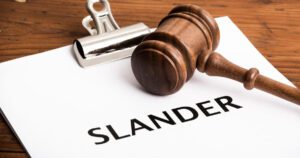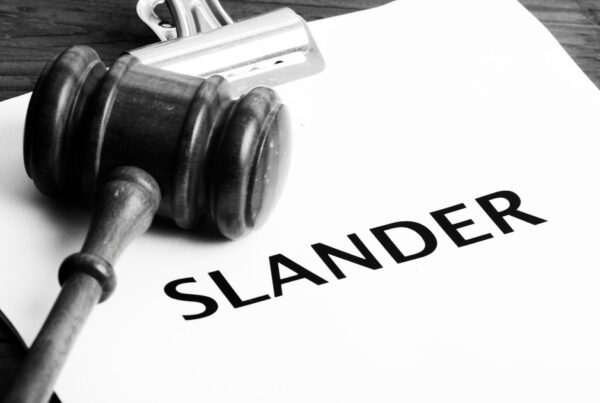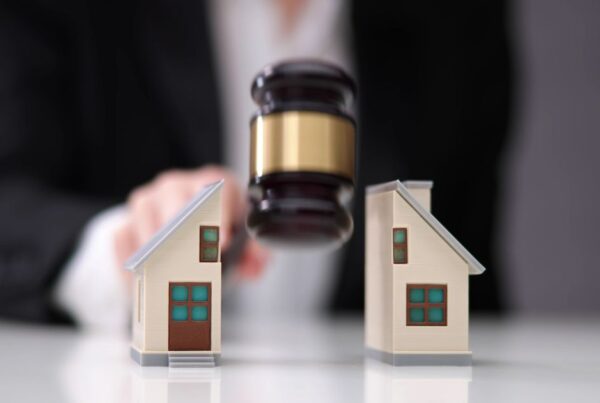A slander of title is a legal claim that occurs when someone makes a false statement about real estate ownership. As a result, that false statement causes damage to the property owner’s interest in that property. In Florida, Slander of Title is a tort, which means that it is a civil wrong that can be remedied via a lawsuit.
In a slander of title action, the plaintiff must prove five elements: “(1) A falsehood (2) has been published, or communicated to a third person (3) when the defendant-publisher knows or reasonably should know that it will likely result in inducing others not to deal with the plaintiff and (4) in fact, the falsehood does play a material and substantial part in inducing others not to deal with the plaintiff; and (5) special damages are proximately caused as a result of the published falsehood.” Bothmann v. Harrington, 458 So. 2d 1163, 1168 (Fla. 3d DCA 1984). “[T]he plaintiff has the burden of establishing falsity.” Id. at 1169.
“Slander of title arises upon the malicious publication of a falsehood concerning title which impairs the vendibility of the property.” Miceli v. Gilmac Developers, Inc., 467 So. 2d 404, 406 (Fla. 2d DCA 1985). A Plaintiff must prove that Defendants “knew or reasonably should have known at the time of publication that the [allegedly false] publication would likely result in inducing others not to deal with the plaintiff.” Phillips v. Epic Aviation, LLC, 234 F. Supp. 3d 1174, 1211 (M.D. Fla. 2017).
A supposed failure to release a validly recorded mortgage is not enough to support the Plaintiff’s claim for slander of title. See Tishman-Speyer Equitable S. Fla. Venture v. Knight Invest., Inc., 591 So. 2d 213, 214 n.3 (Fla. 4th DCA 1991) (“we doubt that actionable publication can occur after the contents of the publication has become part of the public record”).
A Plaintiff must prove that the alleged falsehood played a “material and substantial part in inducing others not to deal with the plaintiff.” Bothmann, 458 So. 2d at 1168. To satisfy this element, “the plaintiff must present specific evidence showing exactly how the falsehood induced others not to deal with the plaintiff.” Trigeorgis v. Trigeorgis, 240 So. 3d 772, 775 (Fla. 4th DCA 2018).
Finally, “the plaintiff must always plead and prove special damages.” Bothmann, 458 So. 2d at 1170. Special damages “are those that do not necessarily result from the wrong or breach of contract complained of, or which the law does not imply as a result of that injury, even though they might naturally and proximately result from the injury.” Land Title of Cent. Fla., LLC v. Jimenez, 946 So. 2d 90, 93 (Fla. 5th DCA 2006) (citing Bialkowicz v. Pan Am. Condo. No. 3, Inc., 215 So. 2d 767, 770 (Fla. 3d DCA 1968); see also 17 Fla. Jur. 2d Damages § 8).
For more information about slander of title actions, contact one of our experienced real estate attorneys at 305-570-2208. You can also email attorney Eduardo directly at eduardo@ayalalawpa.com.
We at Ayala Law PA are passionate about helping those in legal need, so please don’t hesitate to schedule a case evaluation with us online here.







